How Can U.S. Composting Scale? Composting Consortium Launches New Report and Platforms to Partner With Composters and Municipalities to Scale Organics Infrastructure Across the U.S.
August 07, 2024
Municipalities and composters play a critical role in developing robust composting infrastructure and collection programs that divert organics from landfill
NEW YORK, Aug. 7, 2024 — Today, the Composting Consortium, a collaboration managed by the Center for the Circular Economy at Closed Loop Partners, released a new blueprint to guide municipal leaders in zero waste, solid waste and sustainability in establishing and scaling composting infrastructure and organics management programs across the country. How Organics Diversion Can Help Achieve Zero Waste Goals: A Blueprint for Action, co-authored with Eco-Cycle, based in Boulder, Colorado, is an essential guide for municipalities seeking to develop food scraps collection programs and to work with composters to meet zero waste and climate goals. Alongside the release of the blueprint, the Consortium invites U.S. municipalities and composters to join two newly launched platforms that support municipalities and composters in scaling organics infrastructure.
Today, food waste in landfills is a major source of methane, a potent greenhouse gas that significantly contributes to climate change. Diverting food scraps and yard waste through municipal organics programs reduces methane emissions and provides environmental benefits such as improved soil health, water conservation, carbon sequestration, and support for local economies and ecosystems. To support this diversion, the U.S. composting industry is in an early stage of transformation. More composters are looking to accept and process more food waste; approximately 70% of composters who process food also accept and process some format of food-contact compostable packaging, with the understanding that accepting these materials helps bring in more food waste to their facilities. However, only 10% of U.S. households have access to organics recycling through drop-off and curbside organics collection programs, and only 4% of wasted food is sent to composters today.
“Since its launch in 2021, the Composting Consortium has been focused on moving the needle to change that statistic,” said Kate Daly, Managing Director and Head of the Center for the Circular Economy at Closed Loop Partners. “By creating this blueprint, we aim to equip municipal leaders with a basic ‘how-to’ manual to launch or scale successful organics programs that contribute to a zero-waste future, clean organics streams and a thriving composting industry.”
The blueprint, How Organics Diversion Can Help Achieve Zero Waste Goals, offers a clear and actionable framework, including:
- Policy and Program Expansion for Diverting Food Waste: This section does a deep dive into effective strategies for policy development. It explores methods to incentivize resident and business participation, while outlining pathways to maximize food waste diversion from landfills.
- Setting Up Programs and Infrastructure: This section provides a clear roadmap for establishing new organics programs. It details best practices for collection methods, explores various processing options (composting facilities, anaerobic digestion), and offers guidance on navigating the critical process of contracting with composters.
- Communication with Program Participants: Recognizing the importance of resident and business engagement, this section provides a comprehensive communications toolkit. It outlines strategies for educating participants on proper sorting techniques, maximizing program participation and fostering long-term program success.
To thoughtfully scale organics management, key stakeholders must collaborate. This helps ensure that composting programs and infrastructure are developed to meet the diverse needs of stakeholders across the organics value chain––from composters, to cities, residents, businesses and more. Alongside the release of the blueprint, the Composting Consortium is launching two new platforms to engage directly with municipalities and composters across the country to support the scale-up of robust composting infrastructure.
The Composting Consortium’s new Composter Innovator Program aims to bring composters across the U.S. to the table to play an active role in shaping the future of the composting industry on topics like contamination, policy and funding food waste composting infrastructure. The group will take on important questions, including identifying the cost of processing compostable packaging and offering recommendations on how to allocate Extended Producer Responsibility funds to support composting infrastructure development. The Consortium invites composters across the U.S. to sign up for the program and be involved in the growth of composting infrastructure across the U.S.
The Consortium is also launching its Municipal Partner Platform, a free-to-access platform for city officials focused on sustainability, zero waste and waste management. The platform connects officials with leaders nationwide to share and discuss best practices in starting and expanding organics collection and infrastructure programs. Municipalities of all sizes and stages of development are invited to reach out to the Composting Consortium to explore ways the network can help them achieve their goals of diverting food waste from landfills.
More information on the Composter Innovator Program and the Municipal Partner Platform can be found at www.closedlooppartners.com/composting-consortium/
About the Center for the Circular Economy at Closed Loop Partners
Closed Loop Partners is a firm at the forefront of building the circular economy. The company is comprised of three key business segments. Closed Loop Capital Management manages venture capital, buyout and catalytic private credit investment strategies on behalf of global corporations, financial institutions and family offices. Closed Loop Builders is an operating group that incubates, builds and scales circular economy infrastructure and services. The Center for the Circular Economy (‘the Center’) is the innovation arm of Closed Loop Partners. The Center executes research and analytics, unites organizations to tackle complex material challenges and implement systemic change that advances the circular economy. The Center’s expertise spans circularity across the full lifecycle of materials, connecting upstream innovation to downstream recovery infrastructure and end markets.
For more information, please visit www.closedlooppartners.com/the-center/
About the Composting Consortium
The Composting Consortium, managed by the Center for the Circular Economy at Closed Loop Partners, is a multi-year industry collaboration on a mission to build a world where organics are kept in circulation. The Consortium advances composting infrastructure and the recovery and processing of food-contact compostable packaging and food scraps in the U.S., to reduce food waste and mitigate climate impact.
The Consortium brings together leading voices across the composting and compostable packaging value chain––from the world’s leading brands to best-in-class composters running the operations on the ground. Through in-market tests, deep research and industry-wide collaboration, the Consortium is laying the groundwork for a more robust, resilient composting system that can keep food waste and compostable packaging in circulation.
For more information, please visit www.closedlooppartners.com/composting-consortium/
Related posts
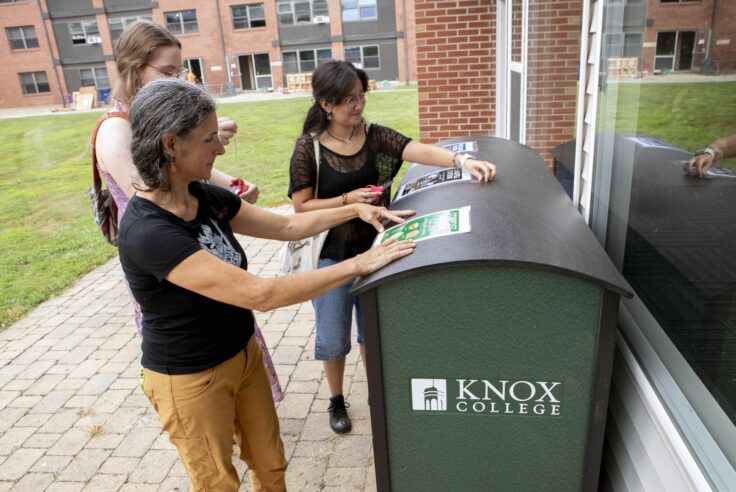
Blog Post
Keeping Compost Clean: Tools to Help Reduce Contamination...
The Composting Consortium interviews EcoProducts to...
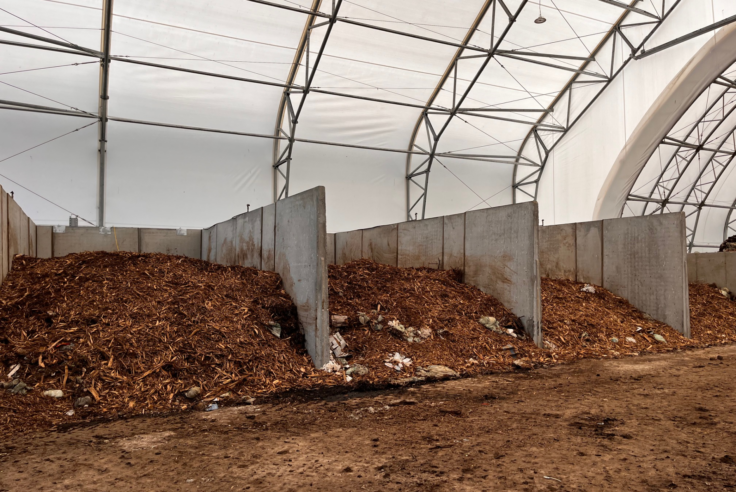
Blog Post
Why More Composters Are Recovering Food Scraps and...
Black Earth Compost and Glacial Ridge Composting Facility...
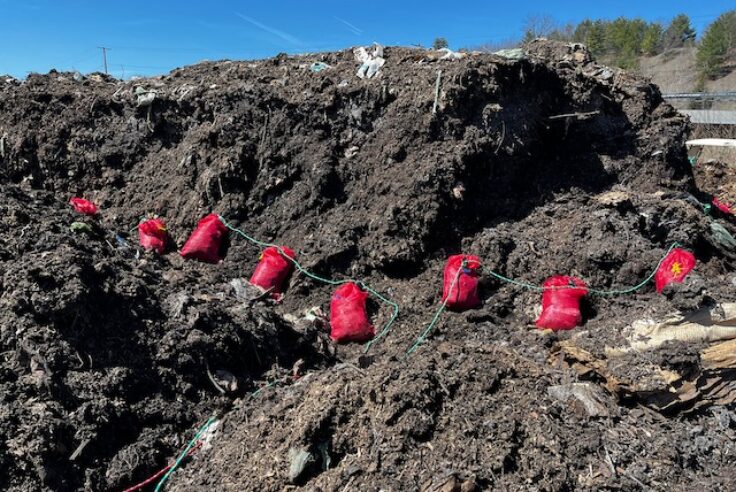
Blog Post
Does Compostable Packaging Actually Turn into Compost?...
In a joint interview, field testing experts, including...
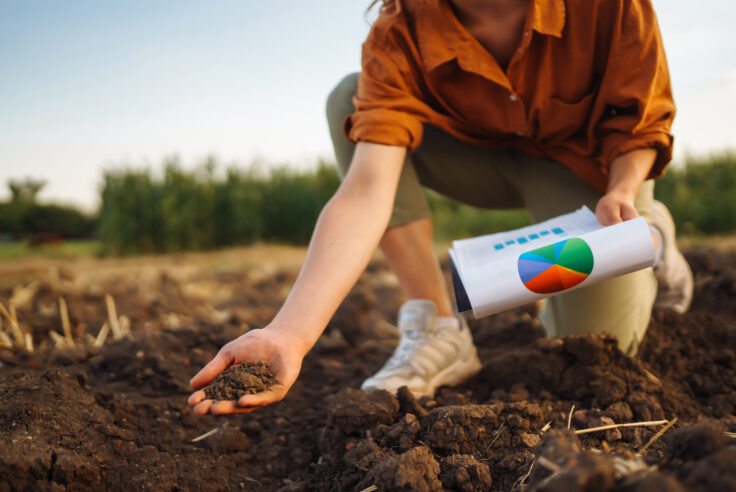
Press Release
Composting Consortium Releases New Data to Compostable...
The new platform by the Compostable Field Testing Program...
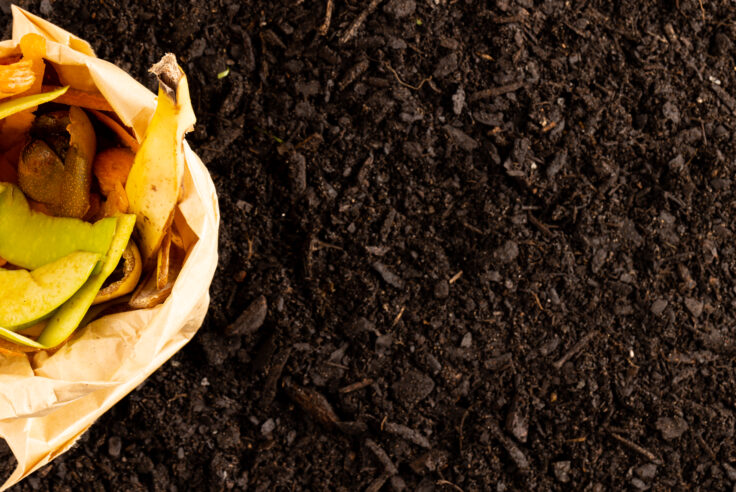
Press Release
Can Compostable Packaging Recovery Help States Reduce...
The Composting Consortium provides key insights on...
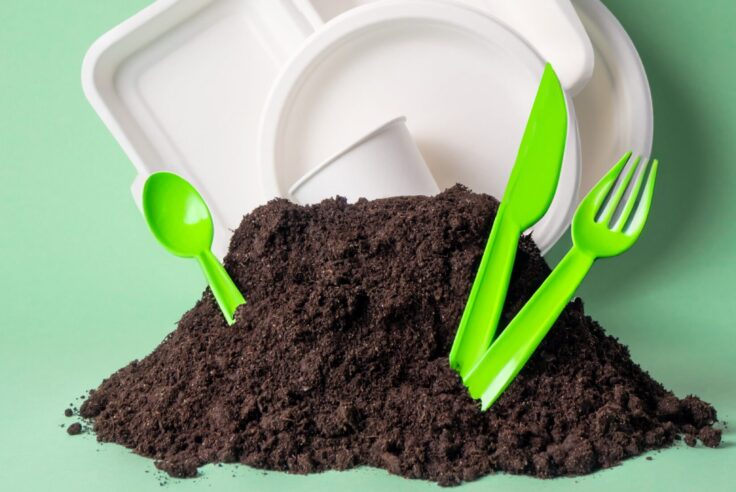
Press Release
Does Compostable Packaging Actually Break Down? Composting...
Data in new report reveals that certified food-contact...
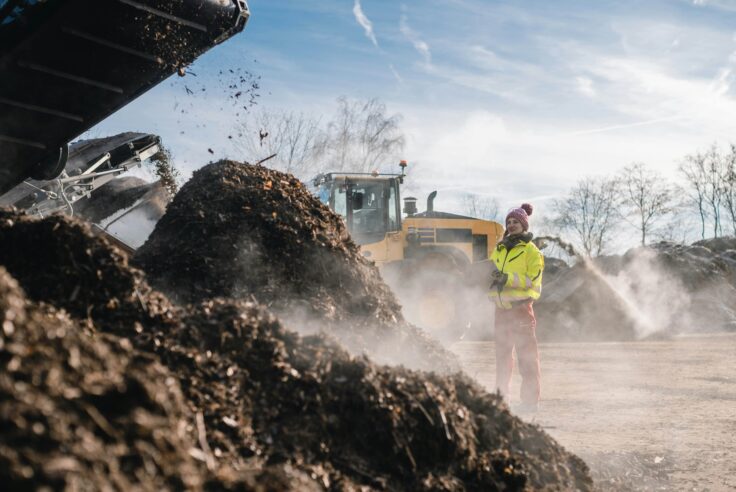
Press Release
First-of-Its-Kind Study by the Composting Consortium...
Commonly held assumptions about contamination were...

Blog Post
Many Americans Don’t Understand What to Do with Compostable...
As countries and corporations get one year closer to...
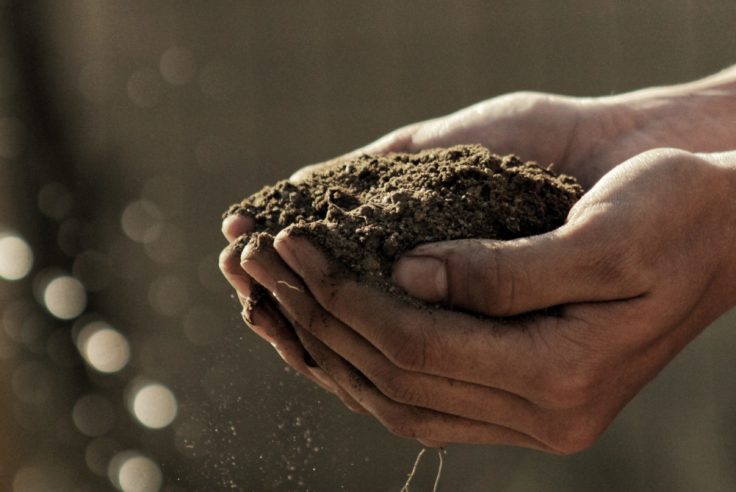
Press Release
Closed Loop Partners Joins Forces with U.S. Composters...
Data from the pilot will be shared to help shape international...
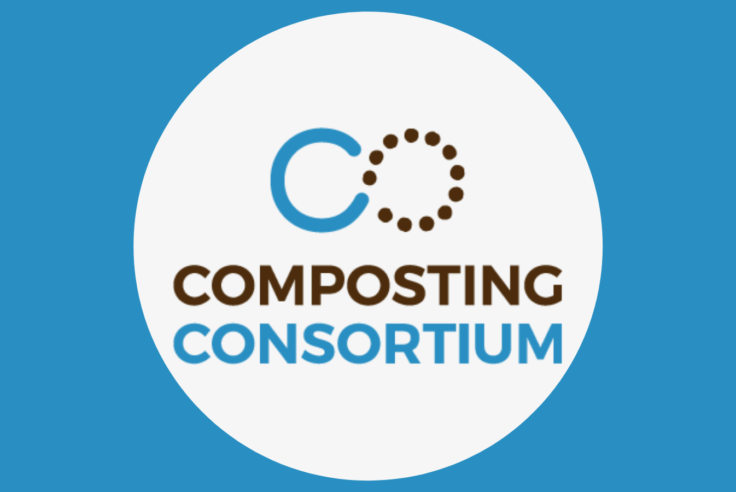
Press Release
Closed Loop Partners Collaborates with PepsiCo, the...
The new Composting Consortium aims to pilot industry-wide...
